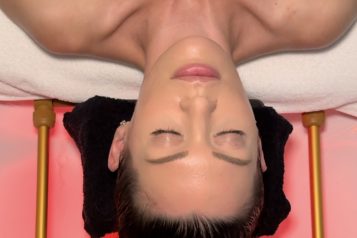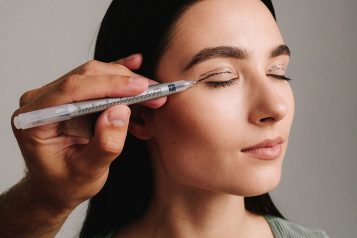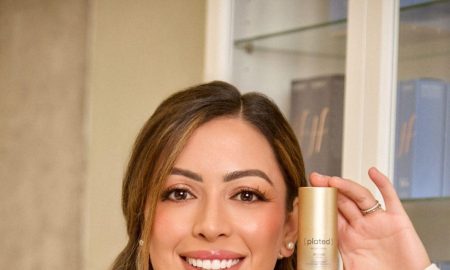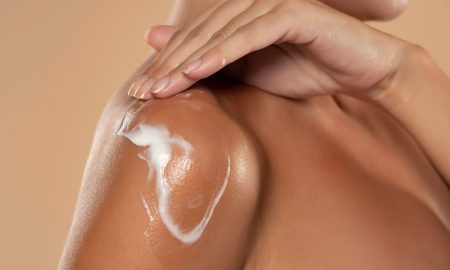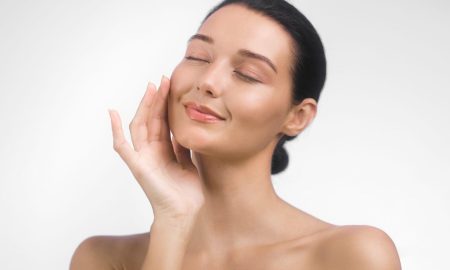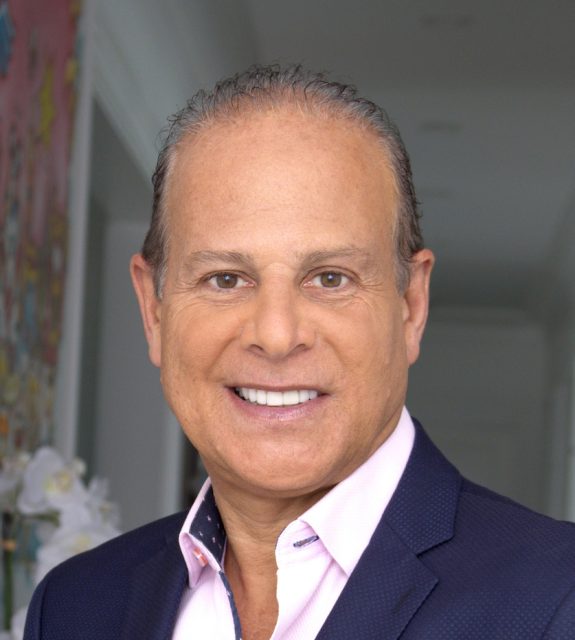Rhinoplasty is a delicate procedure designed to enhance the nose’s shape or function. To ensure optimal results and a smooth recovery, it’s important to take special care in the days and weeks following the surgery. Below, Dr. Robert Morin outlines key things to avoid during your recovery:
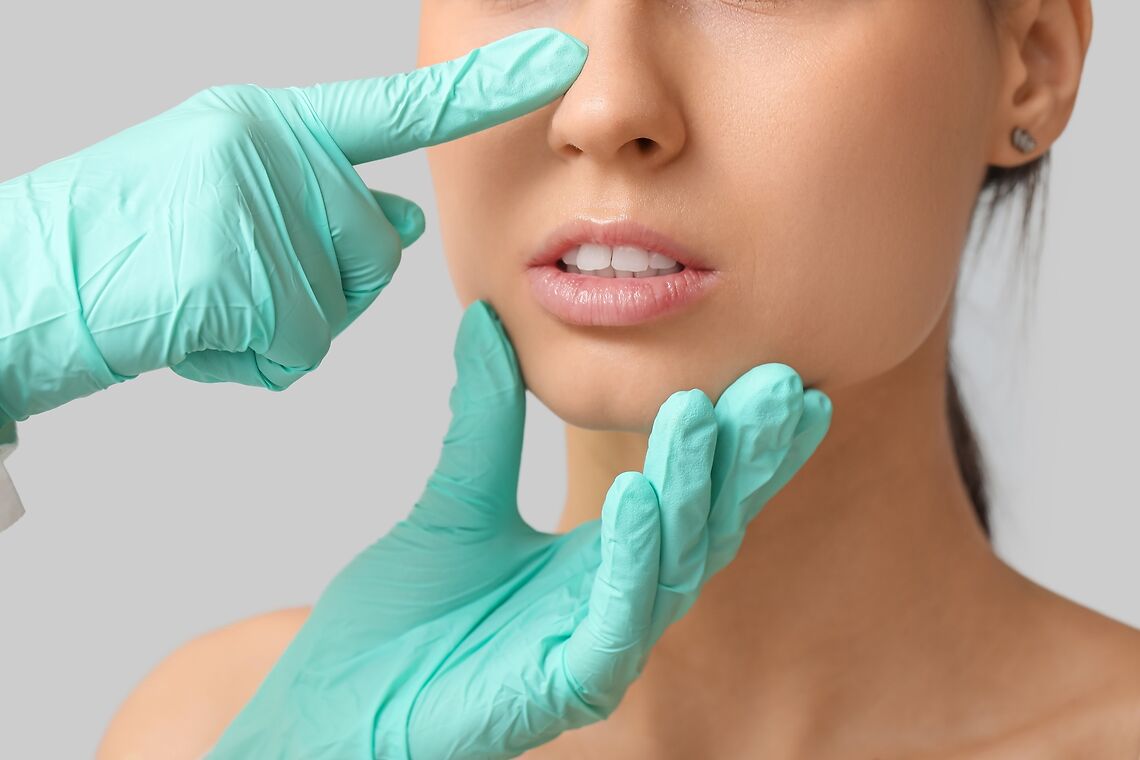 Photo Credit: Courtesy of Pixel-Shot/Shutterstock
Photo Credit: Courtesy of Pixel-Shot/Shutterstock
1. Do Not Exercise
While staying active is typically a part of a healthy lifestyle, after rhinoplasty, exercise should be avoided, especially in the first few weeks. Engaging in strenuous activities or cardio increases your heart rate, which can lead to an increased risk of bleeding. Even minor exercises, like bending over or lifting heavy objects, should be put on hold until your doctor gives you the all-clear.
2. Do Not Blow Your Nose
Although it might feel tempting, blowing your nose can cause significant damage to the newly shaped nasal structures. The forceful pressure from blowing your nose may lead to internal bleeding, and inflammation, or even disrupt the carefully aligned nasal bones and cartilage. If congestion becomes bothersome, speak to your surgeon about using a saline spray or other gentle methods for relief.
3. Avoid Alcohol and People Who Drink Excessively
Alcohol consumption, particularly in excess, can impair your judgment and coordination, leading to accidental trauma. Additionally, being around people who drink heavily increases the chance of unintentional bumps or accidents, which can jeopardize the healing process. Alcohol also thins the blood, heightening the risk of post-surgery bleeding. It’s best to steer clear of alcohol until your surgeon confirms it’s safe to resume consumption.
View this post on Instagram
4. Do Not Wear Glasses
If you wear glasses, resting them on your nose can apply unwanted pressure to the healing nasal tissues, potentially leading to indentations or shifts in the nose’s structure. Opt for contact lenses if possible, or consult with your surgeon about taping your glasses to your forehead to avoid any strain on the nasal bridge.
5. Limit Sun Exposure
Your skin will be more sensitive after rhinoplasty, and direct sunlight can cause swelling and discoloration. Protect your face by wearing sunscreen and avoiding prolonged periods of time in the sun, especially during peak hours. UV exposure can also affect the scars, causing them to darken or heal poorly.
Rhinoplasty recovery requires patience and diligence. By following these post-surgery guidelines, you can significantly reduce the risk of complications and ensure your results are exactly what you and your surgeon envisioned. Always adhere to your surgeon’s specific instructions and attend follow-up appointments to monitor your progress.
For more information, visit Robert Morin, MD's social media:







